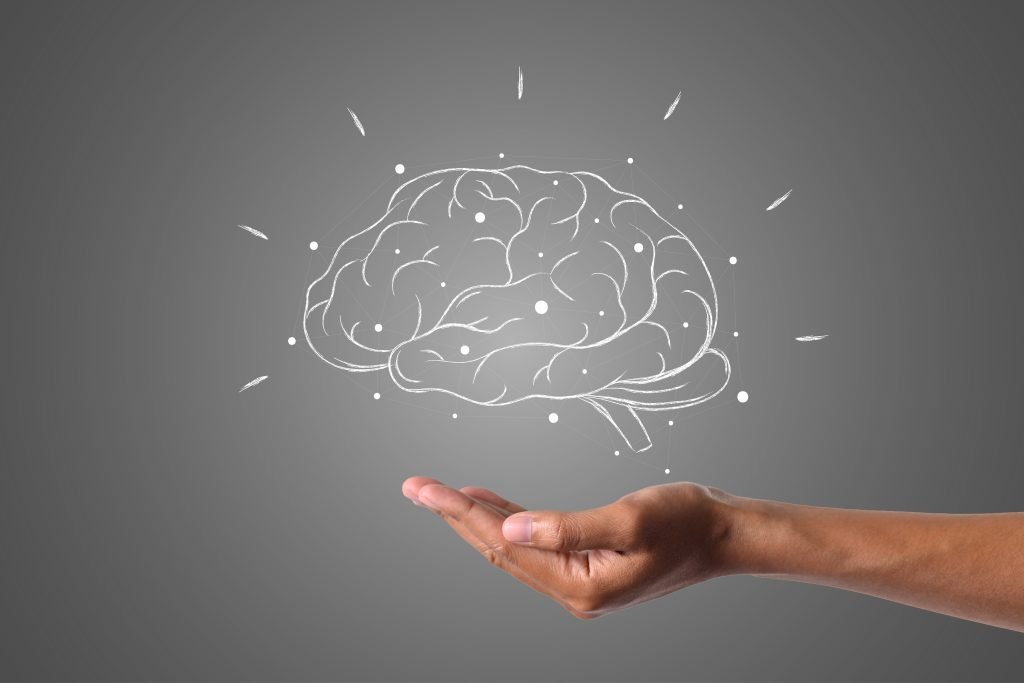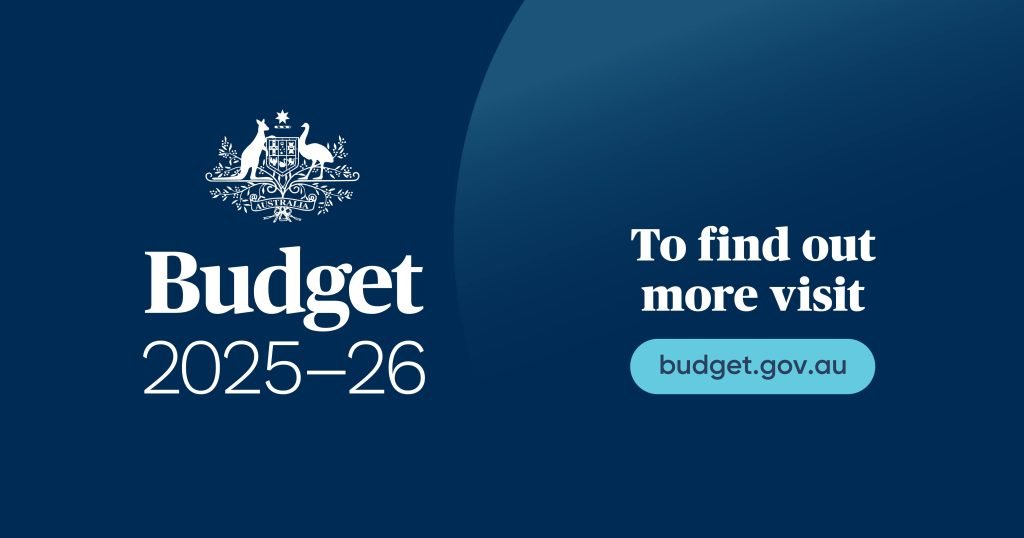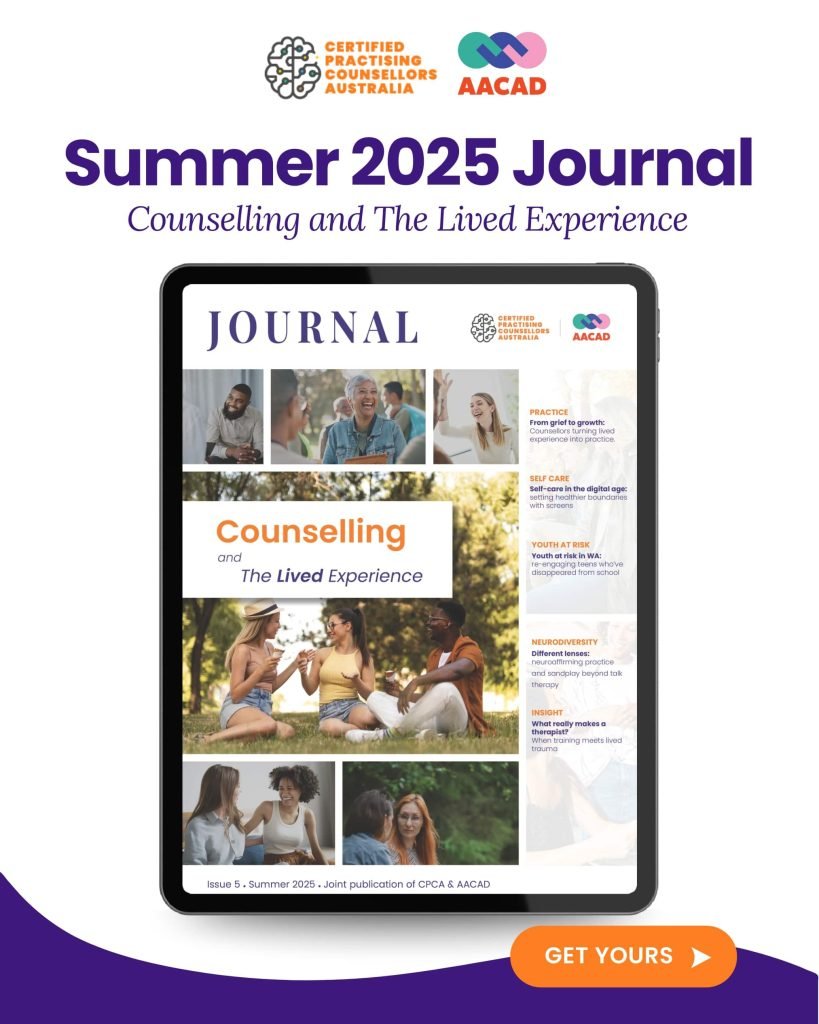
A counsellor’s job is to observe people and their behaviours, and it is equally important they make the same observation on themselves. One of the best ways to be an effective counsellor is to have self-awareness. This will help in relating to clients and will produce better counselling. Having an objective knowledge and clarity about your beliefs, biases, abilities, and areas in need of improvement as well as the desire to better yourself, will advance your professional and personal development.
It is natural to have positive or negative feelings towards a client, and there will be plenty of times when their personal beliefs and values will not align with yours. What’s important is to first recognise your own beliefs and values and how they affect the counselling process, because a counsellor must always do their best to avoid imposing them on their clients. Being aware of your own thoughts, feelings and biases will help you avoid insensitive reactions and causing a client harm. Instead, you will be able to manage your internal reactions and stay objective in sessions, and the client-counsellor relationship will benefit from it.
Cultural awareness
A huge part of self-awareness in the context of counselling is consideration of culture. It is essential when dealing with clients to be aware of your own and be sensitive to different cultures, recognising how they impact people and their interactions with the world. You first need to be self-aware about your own culture and your possible biases so you can ensure nothing interferes in your counselling. If you think you already know everything about yourself, keep in mind culture can evolve over time and so do we. You might not have the same exact views and values you used to, and some of our beliefs and biases are unconscious until we investigate them further. These questions could be helpful to learn more about yourself:
- Do I know the main characteristics of my own culture?
- Do I know the meaning behind words, connotations, or labels that negatively affect specific groups of people?
- Do I know my own biases and stereotypes?
- Am I aware of the different cultures in my workplace?
- Am I curious about other cultures?
- How comfortable am I discussing culture and diversity?
- Do I put effort to learn about other cultures?
- Do I understand the role of culture in counselling?
- Are there groups or cultures I am uncomfortable working with?
Making the time and effort to answer these types of questions will give a better chance of working effectively with a diverse group of clients. From there, reading professional and clinical literature will help. You can also read memoirs which are a great way to better understand how certain events impacted different groups and affected their psychology. Reading about other cultures, learning about their issues and challenges, attending diversity conferences, professional development activities, and spending more time with people from unfamiliar cultures are also great options. There will always be more to learn and developing an awareness of yourself and others will make for a more positive experience for counsellor and client.



